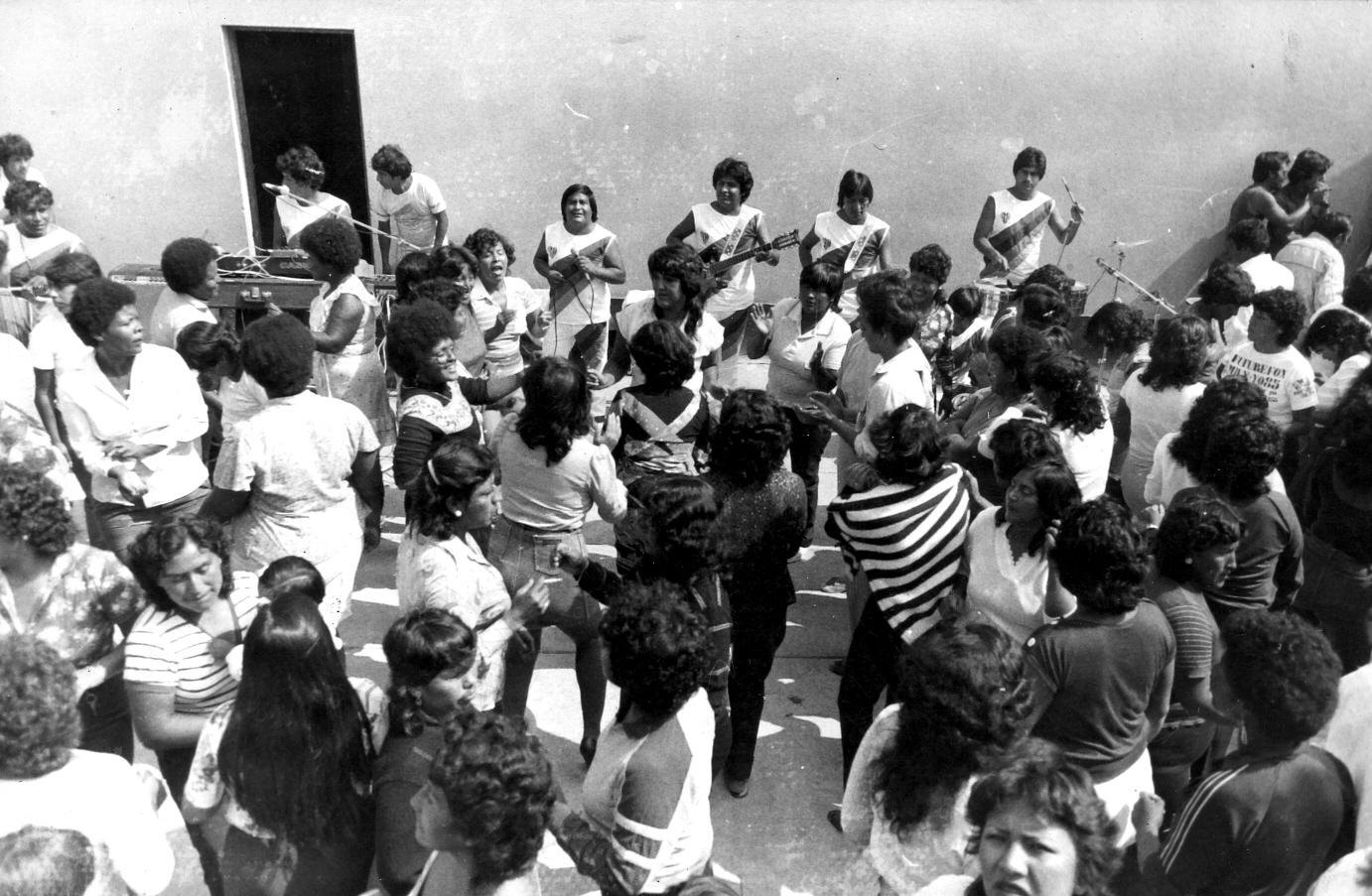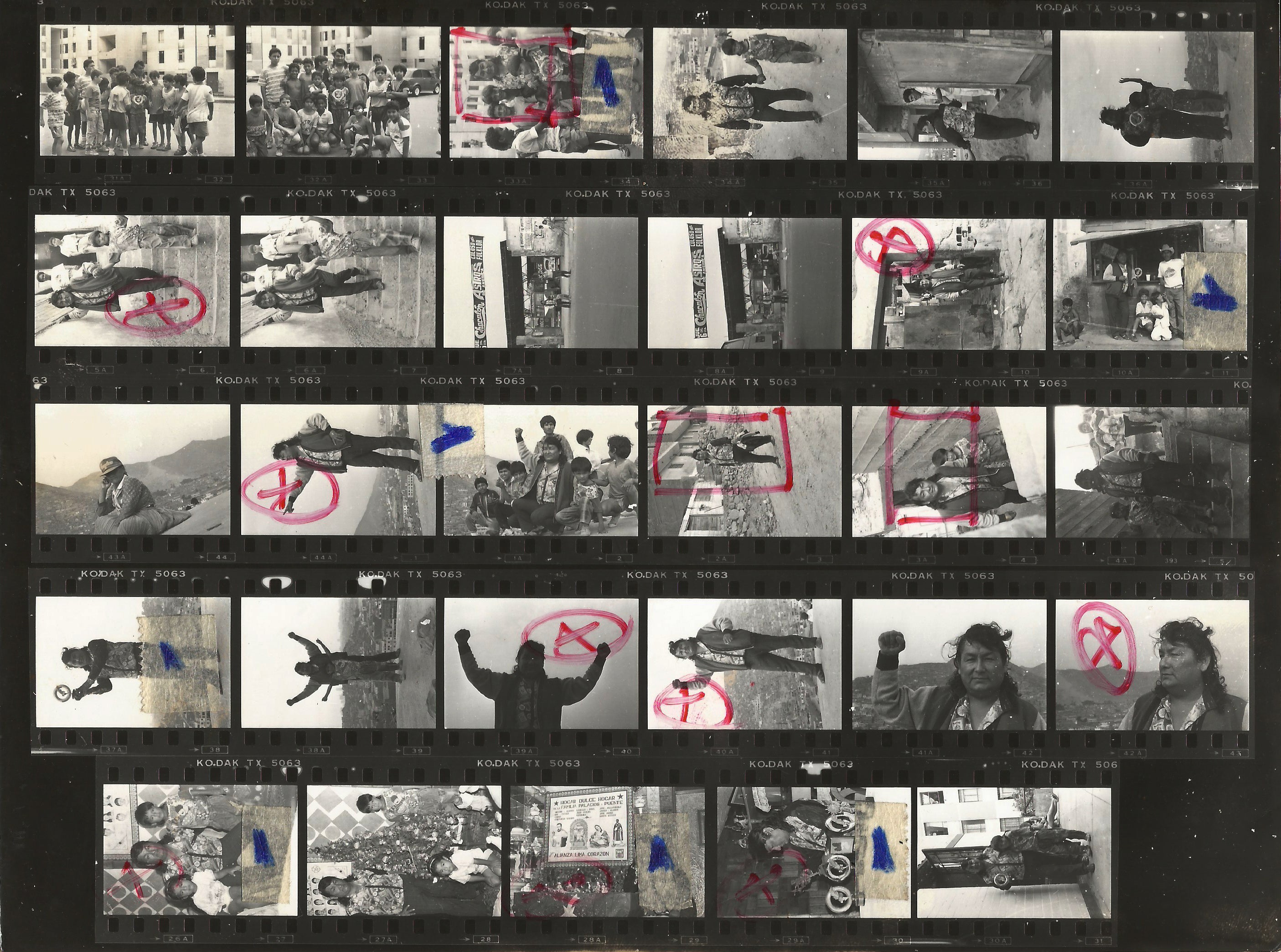Fantástico News!
-
Read more: The Authentic Shapis

The Authentic Shapis
This first album of the Shapis changed everything, not only for its irreverence of rock and roll but also of punk. If we look closely, the album cover is a type of "plagiarism", a mockery, a parody of the album cover from the Ramones fourth album, "Road your ruin". Instead of New York punks, we find Peruvian chicheros who have put on the threadbare clothes of these rock and rollers but with the background of the city of Lima illuminated with a pink color, almost childish. What did the designer of the cover want to tell us or suggest to us with this? We do not know, but we do suspect that his intention was to be irreverent, daring, bold, not fearing the empire or the West, but devouring it, decolonizing it, "chichafying" it in a gesture of anthropophagy and cultural challenge.Read more -
Read more: The Working Class Myth

The Working Class Myth
Chacalón preferred to call himself a “chichero”, or someone who plays chicha music. The word comes from “chicha", a Peruvian term with different cultural connotations that refers to past and present history: from the holy Incan drink made from fermented corn to a new musical style, a way of living in the world, a new migrant culture in Lima. “Chicha” alludes to population disorder and overflowing, to drunkenness and chaos, but it’s also seen as a way of appropriating and making fun of the West; for some “chicha” alludes to the "poorly done”, for others it’s a mean of expression that transgresses the rules of "good taste" to create something totally new. "Neither a replica or a copy, but a heroic creation,” the indomarxist Jose Carlos Mariategui would say.Read more

